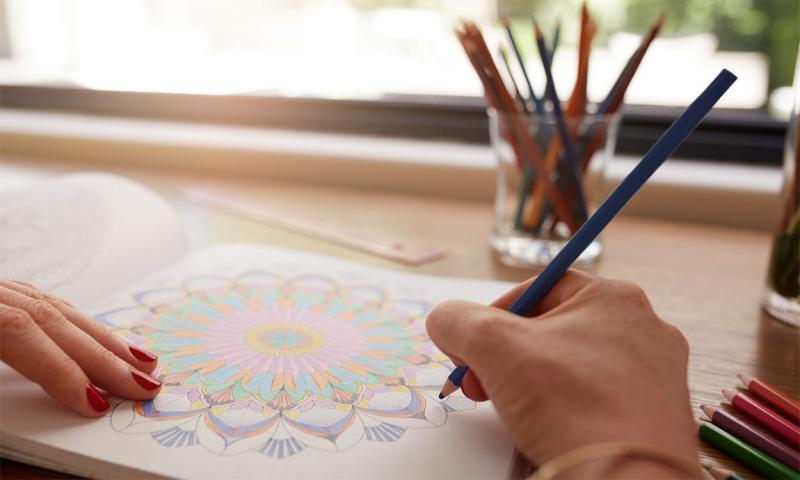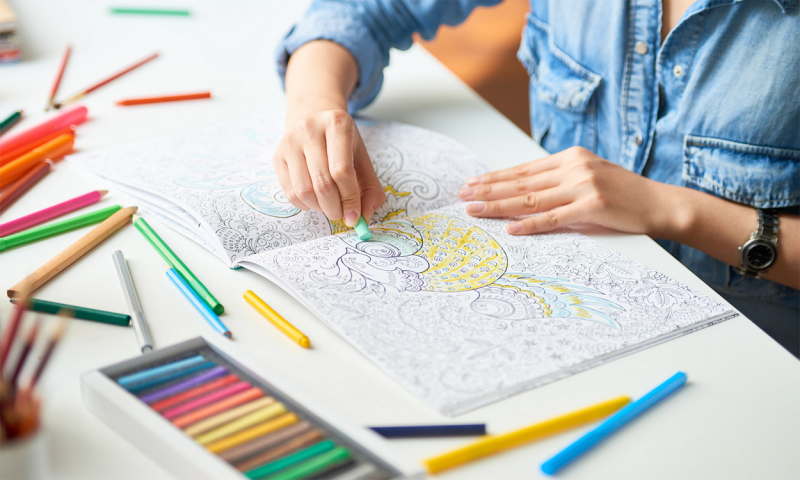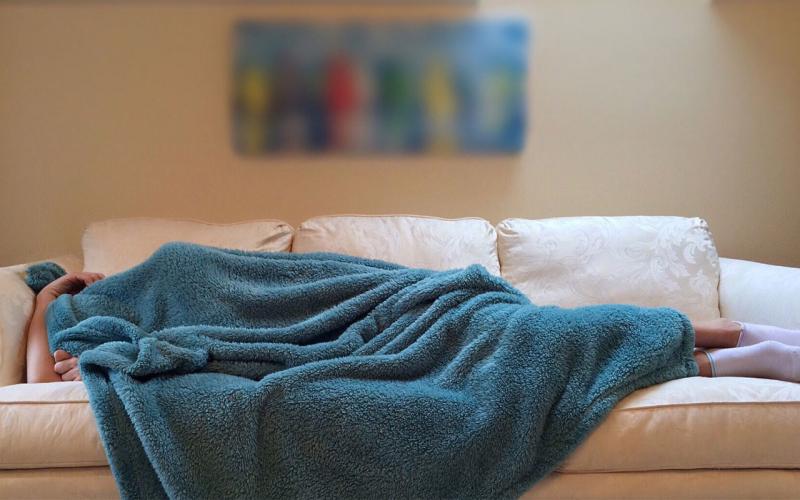
Written by Cheyanne Roth under the direction and review of Hope Kleine former SDSU Extension Health Education Field Specialist, and Megan Erickson, former SDSU Extension Nutrition Field Specialist.
Did you know that there are health benefits to being creative? It’s true! Even simple creative acts, such as coloring, have health benefits. Remember when adult coloring books became popular? It gets better: you don’t have to view yourself as creative or even color well in those coloring books to reap the benefits of being creative!
Some people are born with creativity in their soul, and for some, it takes practice to be good. The point is, being creative is healthy for you!
Health Benefits of Creativity
Creativity is part of building an identity. Express who you are without words.
No matter how skillful a person is, those who practice artistic activities at least once per day report greater levels of happiness than those who do not. A person does not have to be considered an artist or be amazing at the creative activity they do; they just have to do it. The connection between mental health and creativity has been described as, “an upward spiral towards well-being and creativity” (Newport Academy).
Music as medicine.
Other creative expressions that aid in better mental health include theatre and music. After four weeks of participating in theatre, individuals have reported improvements in mental well-being, cognitive operations (such as enhanced word memory), listening memory and problem-solving skills. Furthermore, the widely held belief of music and improved mental health has been proven to be connected. Music can help soothe and relax the mind, which can contribute to a decrease in stress, as well as a decrease in depressive symptoms. Additionally, music has been shown to improve mood, intelligence and overall physical health (Medical News Today).
Creativity through art for expressing grief.
The use of art can help a person who has experienced trauma overcome challenges and help them cope with negative emotions (Stuckey, Nobel). The use of creativity provides the opportunity for people to express their thoughts, feelings and emotions without the use of words. For example, in viewing a painting, viewers of the art are, in a way, able to understand what the creator is going through. Expressive writing has this benefit, too. Expressive writing is a way of conveying oneself through writing. An example of expressive writing is journaling or writing poetry. It allows unchangeable negative events to be integrated into the writer’s life story, encouraging them to view the event in a more meaningful way. The act of writing opens an opportunity for the individual to process events that have happened to them.
How does creative expression affect the artist? Some may experience an increase of negative emotion after recalling difficult events. However, over time, these coping mechanisms are positive. Long-term effects include accurately addressing the aftermath and self-reporting physical and emotional health outcomes. Expressive writing in a positive way also has benefits. Research shows that people reporting on their “best self” led to an amplified sense of mental wellbeing.
“To practice any art, no matter how well or badly, is a way to make your soul grow.”

Take a break, draw a picture.
Creativity is an aspect of identity development. Artistic self-expression may contribute to the maintenance or reconstruction of a positive identity and improved mentality and skills. When being artistic, a person not only improves their artistic skill, they are also improving brain connectivity and engaging in self-care. So, if you are looking for another way to improve your mental health, pick up a pencil, crayon, instrument, paintbrush, or whatever else and get those creative juices flowing!
*While leaning on one’s creativity can have positive outcomes for one’s health, creativity should never be used as a replacement of therapy, but rather, alongside therapy, if needed.
Sources:
- Brain-boosting Effects, Medical News Today.
- The Link Between Creativity and Mental Health, Newport Academy.
- The Connection Between Art, Healing, and Public Health: A Review of Current Literature, Stuckey, Nobel. American Journal of Public Health.
- Music, mental health and creativity, Australian and New Zealand Journal of Psychiatry.
- Here's The Amazing Way The Sides of Our Brain Adapt if They Can't Talk to Each Other, ScienceAlert.
- Coping Through Expressive Writing, Psychreg.


